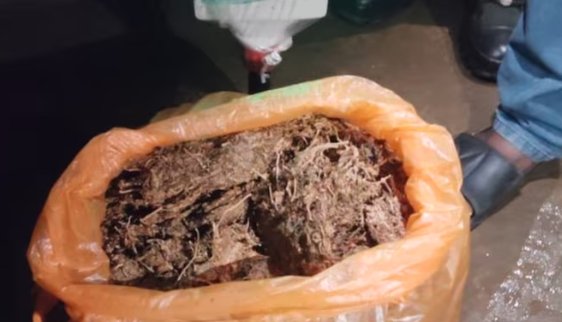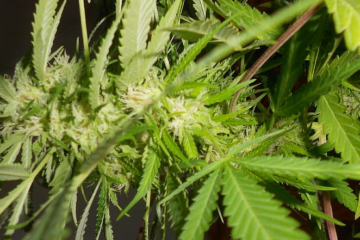A Mumbai court has granted bail to Abid Hanif Qureshi, who was arrested in connection with a significant drug case involving the seizure of over 453 kg of cannabis. Qureshi, who had been in custody since February 2021, was released on the grounds of parity with co-accused who had already been granted bail. The case, which has drawn considerable attention, highlights the complexities and legal intricacies involved in drug-related offenses under the Narcotic Drugs and Psychotropic Substances (NDPS) Act.
The Arrest and Seizure
Abid Hanif Qureshi was arrested on February 5, 2021, following a raid by the Sakinaka police that led to the seizure of 58 kg of cannabis from his possession. The raid was part of a larger operation that began with the arrest of Ashok Manik Mhatre, from whose premises 345 kg of cannabis was initially seized on January 14, 2021. Mhatre’s interrogation led the police to Qureshi and another accused, Mohd Dilshad, who was arrested for allegedly using his auto-rickshaw to transport the contraband.
The police claimed that Qureshi was a key player in the drug trafficking network, based on the statements of the co-accused. However, Qureshi’s defense argued that no contraband was directly recovered from him and that his arrest was solely based on the statements of others involved in the case. This discrepancy formed a significant part of the defense’s argument for bail.

The sessions court, after considering the arguments from both sides, granted bail to Qureshi. The court noted that the primary evidence against Qureshi was the statement of the co-accused, which warranted the application of the principle of parity. This decision allowed Qureshi to be released on furnishing a personal bond of ₹1 lakh and sureties in the same amount.
Legal Arguments and Court’s Decision
The defense, represented by Advocate Puja Yadav, highlighted several discrepancies in the prosecution’s case. Yadav argued that the charge-sheet contained material inconsistencies and that the evidence against Qureshi was not substantial enough to justify prolonged detention. She emphasized that Qureshi had been implicated based on the statements of the co-accused, without any direct evidence linking him to the seized contraband.
The prosecution, on the other hand, opposed the bail plea, arguing that Qureshi was a habitual offender with a close nexus to the drug trafficking network. Assistant Public Prosecutor Shankar Erande contended that Qureshi’s involvement in the case was significant and that his release could potentially hinder the ongoing investigation. Despite these arguments, the court found merit in the defense’s plea for parity.
Special Judge Chandrakant Datir, while granting bail, stated that the principle of parity applied in this case, given that the co-accused had already been granted bail. The judge noted that the statement of the co-accused was the sole material evidence against Qureshi, and considering his role, the ground of parity was justified. This decision underscored the importance of consistency in judicial decisions, particularly in cases involving multiple accused.
Implications and Future Proceedings
The granting of bail to Qureshi has significant implications for the ongoing case and the broader legal landscape concerning drug-related offenses. The decision highlights the challenges faced by the judiciary in balancing the rights of the accused with the need for effective law enforcement. It also underscores the importance of thorough and consistent evidence in securing convictions under the NDPS Act.
Qureshi’s release on bail does not mark the end of the legal proceedings. The case will continue to be heard in court, with the prosecution expected to present further evidence to substantiate the charges against Qureshi and the other accused. The outcome of the trial will depend on the strength of the evidence and the legal arguments presented by both sides.
The case has also drawn attention to the procedural aspects of drug-related investigations. The defense’s arguments regarding discrepancies in the charge-sheet and the reliance on co-accused statements highlight the need for meticulous and transparent investigative processes. As the case progresses, it will serve as a critical test of the legal standards and procedures governing drug-related offenses in India.



